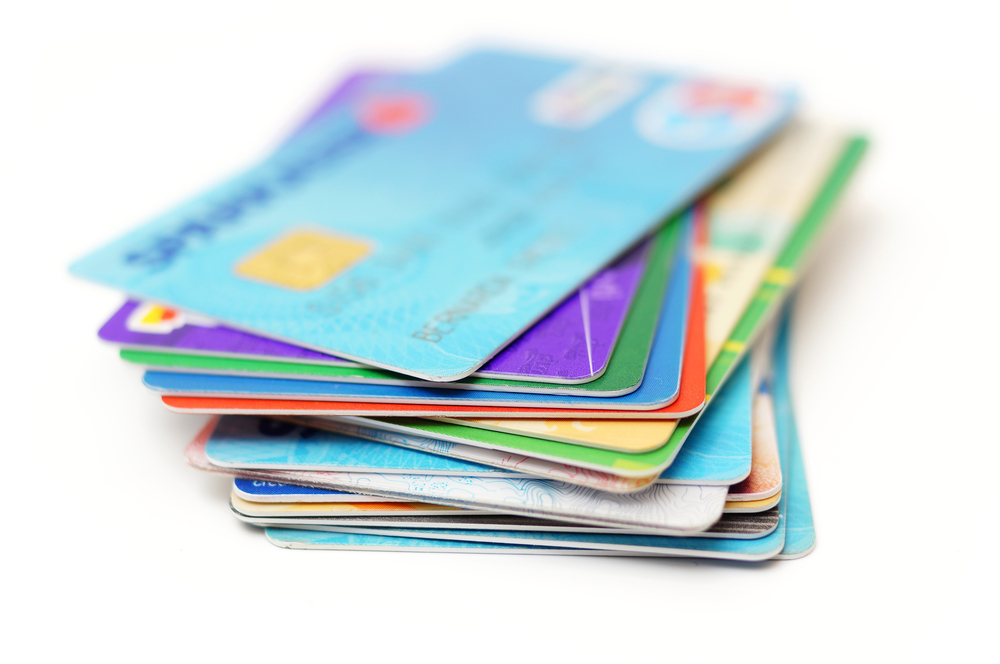The total amount of credit borrowed rose to £2bn in November from £1.4bn the month before, according to official figures.
This was largely made up of credit card debt, which rose to £1bn, from £0.3bn in October, while other forms of credit including car finance agreements and personal loans rose from £0.9bn to £1bn.
The rate of interest charged on overdrafts fell by seven basis points to 22.45% on average while the rate of interest for credit cards fell to 20.94% on average.
The effective rate on personal loans rose 34 basis points to 9.05%, according to the latest money and credit report from the Bank of England (BoE).
£68.9 billion in debt on our plastic
Sarah Coles, head of personal finance at Hargreaves Lansdown, said: “We’re edging closer to the levels of credit card borrowing we saw before the pandemic, carrying a massive £68.9 billion in debt on our plastic – only fractionally less than the £71.9 billion we had in February 2020. The pressure from rising prices has all but wiped out the massive debt repayments we were able to make during lockdowns.
“To make matters worse, this hasn’t been evenly spread across all cardholders. We can see from the ever-increasing sums being saved that those on higher incomes still have the cash to put away for the future.
“It’s those on average and below average incomes who are running on empty and facing real threats to their financial resilience.”.
While the rising use of credit cards in November has partly been blamed on people shopping for Christmas, many are also using credit to pay for essential items.
David Cheadle, acting chief executive of the Money Advice Trust, said: “Millions of people are starting the New Year feeling unable to cope because of money worries, and with borrowing levels rising, this is a further sign of the financial burden many households are under.
“Turning to credit to cover essential costs is often an indicator of financial difficulty. And if repayments aren’t affordable debts can quickly mount, taking a toll on both financial and emotional health.
“If you are worried about money, talking to one of our experts can take a huge weight off your shoulders. Nearly one in four people in debt say they feel embarrassed about their situation, but they do not need to feel this way and we help people every day in similar circumstances.“
Fall of £1.2bn in money put into savings accounts
The amount put away into savings accounts was £3.4bn in November, a fall from £4.6bn in October. Of this, £3.7bn was put into fixed-term savings accounts and ISAs and around £2.6bn was taken out of easy-access savings accounts.
The effective average interest rate paid on fixed-rate savings accounts fell by 20 basis points to 5.07%. For easy-access accounts, the average rate rose from 1.99% to 2.03%. This is still significantly higher than the rates seen in previous years but it has fallen following a pause to base rate rises by the BoE.
The amount of money put into accounts held by National Savings and Investment (NS&I) fell to £0.4bn in November, from £2.3bn in October. This is largely because it pulled two market-leading bonds from the market at the end of October.
‘The best deals have already disappeared’
Alice Haine, personal finance analyst at Bestinvest, said: “Savings rates ramped up dramatically over the course of 2023, with the best accounts offering more than 6% at one point. However, expectations that the base rate has already peaked, and that interest rate cuts are coming in 2024 mean the best deals have already disappeared.
“This is why anyone with money sitting idle in an account with an ultra-low rate should act fast and hunt out the best offer they can find before savings rates dip more dramatically.
“Many savers are taking action with £3.4bn deposited with banks and building societies in November though this is down on the £4.6bn stashed away in October – perhaps a reflection of the high spending that happens in the run-up to Christmas.”





